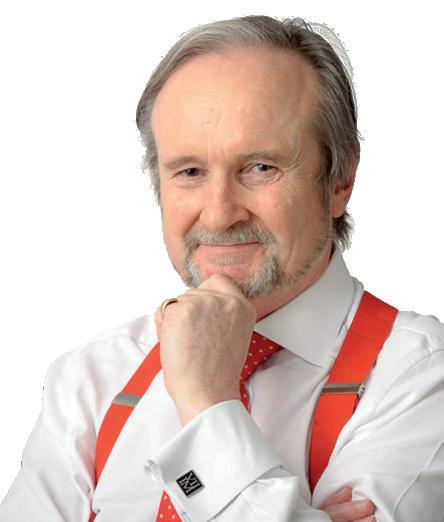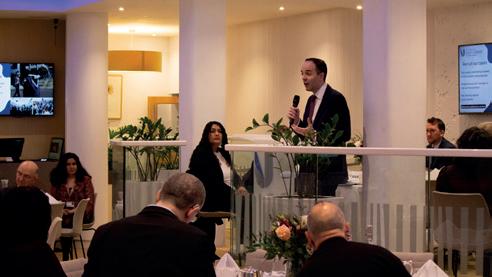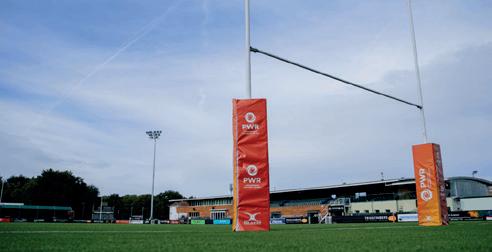
2 minute read
Skills of the Future – at the University of West London
Predicting future skill needs is a challenging task. As technological change, particularly the rapid rise of artificial intelligence, is reshaping the economy, many of the jobs of the future have yet to be imagined, let alone advertised.
At the University of West London (UWL), we build our curriculum around what gives our students the best chance of success in this evolving labour market. Much of the policy focus is on providing learners with opportunities to develop technical skills in growth areas identified in the UK Industrial Strategy published earlier this year. We already offer courses in key priority areas of the strategy. Like many other universities, we are as engaged in providing students with technical, vocational skills as we are in providing them with academic and theoretical ones.
Digital Future Labs
For example, our new Digital Future Labs equips students with hands on experience in artificial intelligence, data analytics and cybersecurity, areas identified as critical to the UK’s future growth. In aviation, our partnership with Heathrow is developing workforce skills across airport operations, logistics and sustainability. In healthcare, we aspire to offer provision in dentistry and pharmacy that will train clinicians for a digitally enabled NHS. And in hospitality, our graduates power London’s world leading visitor economy. Across all these areas, we work with employers to co design courses that match real world demand, ensuring our students are ready to contribute from day one. While it is important that today’s students’ study for tomorrow’s growth sectors, it is equally important that we equip students with the knowledge, skills, and values necessary to address global challenges such as climate change, social inequality, and economic instability. At UWL we are integrating sustainability across all disciplines by fostering critical thinking, problem-solving, and active citizenship to prepare graduates for an increasingly complex world where the need to adapt to change is crucial.
Critical thinking and problem solving
Our students are supported to develop these core capabilities throughout their studies. Critical thinking and problem solving are embedded across the curriculum, while teamwork and communication are developed through collaborative projects with employers and community partners. We place a strong emphasis on adaptability, equipping students not only with knowledge, but with the confidence to apply it in new and changing contexts. This means they graduate with the resilience to navigate disruption, the curiosity to keep learning, and the creativity to shape emerging industries rather than simply respond to them.
Future skill needs will not only vary by sector but also by geography. That is why universities must embed themselves in their local areas if they are to make a real difference. In early 2026, in partnership with Hounslow Council, UWL will launch a new ‘Communiversity’ hub in Feltham, one of the parts of London with the lowest levels of higher education participation.
As well as working with local schools to provide information, advice and guidance on future career pathways, the hub will offer a suite of micro credentials, short courses developed specifically around the skill needs of the local community. They allow people to upskill quickly, gaining credit that can be built towards larger qualifications or used as standalone credentials to further their careers through the lifelong learning entitlement.
This hyper local approach has the potential to be rolled out across London, enabling universities to meet the future skill needs of different neighbourhoods and communities.
Adaptability
For individuals and communities to be able to react to and shape what future skill demand looks like, they will need flexible institutions that can support their needs. Universities have not always been as agile as they could be, but at UWL we are determined to change that. By combining technical skills with adaptability, local engagement with global insight, and employer partnerships with inclusive education, our goal is to equip our students, and our region, not just to succeed in the future world of work, but to lead and shape it.
Discover the business and learner provisions available from the University of West London by visiting www.uwl.ac.uk/business-services
Authors: Prof. Graeme Atherton, Associate ProVice-Chancellor (Regional Engagement), and James Edmunds, Associate Pro-Vice-Chancellor and Dean of London Geller College of Hospitality and Tourism, The University of West London.







